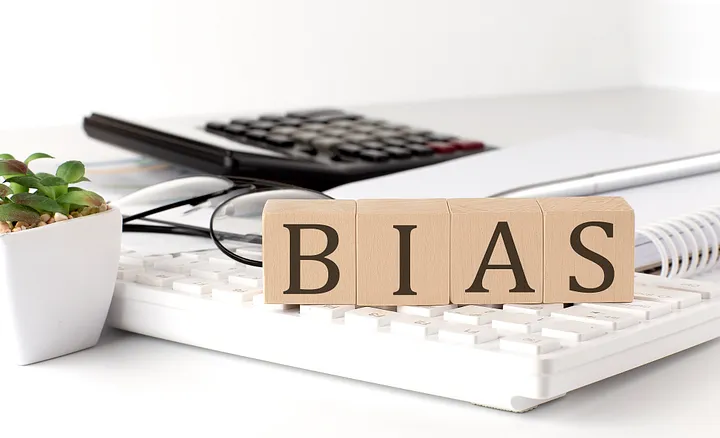Picture this: you’re deep in recruitment season, scanning through CVs, when you realise you’ve unconsciously gravitated toward candidates from similar universities to yours. Sound familiar? You’re not alone. Every HR professional grapples with this challenge, yet it’s rarely discussed openly in our industry.
The Bias Blindspot That’s Shaping Your Workforce
Here’s the uncomfortable truth: bias isn’t lurking in the shadows of your recruitment process. It’s sitting right there in your interview room, influencing decisions you thought were purely objective. We’re not talking about deliberate discrimination here, but rather those subtle cognitive shortcuts our brains take without permission.
Think about your last hiring decision. Did you really assess every candidate with the same lens? Our minds are remarkably efficient at creating patterns, but in HR, this efficiency can become our greatest liability. The most pervasive culprits include:
- Confirmation Bias: When you favour evidence that supports your gut feeling about a candidate
- Affinity Bias: That warm feeling toward someone who reminds you of yourself or your best performer
- Halo Effect: When a single impressive quality blinds you to potential red flags
- Anchoring Bias: Getting stuck on your first impression, whether brilliant or disastrous
The solution isn’t to pretend these biases don’t exist. Instead, it’s about building systems that account for our very human limitations.
Tactical Fixes That Actually Work in Practice
Structured Interviews
Stop winging it. When you ask different questions to different candidates, you’re essentially comparing apples to oranges. Create a standardised framework where every candidate faces identical scenarios. Yes, it feels more mechanical initially, but it’s remarkable how much clearer patterns become when you’re actually measuring the same things.
Diverse Hiring Panels
Your perspective, however experienced, is still just one perspective. Bringing together colleagues from different departments, backgrounds and seniority levels creates a natural bias-checking mechanism. It’s not about political correctness; it’s about better decision-making through varied viewpoints.
Blind Recruitment
Consider removing names, photos and university details from initial CV reviews. Whilst it won’t work for every role or industry, it forces you to focus on what candidates have actually achieved rather than where they went to school or how their name sounds.
Bias Training
One-off unconscious bias workshops won’t solve this. What works is ongoing, practical training that helps your team recognise bias in real-time. Make it part of your regular professional development, not a tick-box exercise.
The Bigger Picture: Systemic Change Over Quick Fixes
Addressing bias can’t be limited to recruitment. What about your promotion processes? Performance reviews? Who gets the challenging assignments that lead to career advancement? Regular audits of these systems often reveal patterns you didn’t realise existed.
Create genuine channels for feedback. Employees notice when bias influences decisions, but they need to trust that speaking up won’t damage their careers. How safe do your people feel raising concerns about fairness?
Technology can help, but it’s not a silver bullet. AI-powered screening tools can reduce some human bias, but they can also perpetuate historical prejudices if not carefully monitored. Use technology as a supplement to human judgement, not a replacement for it.
Building Genuine Inclusion Into Your Culture
Real inclusion isn’t about hitting diversity targets or avoiding tribunal claims. It’s about creating an environment where the best ideas surface regardless of who suggests them. Where people feel comfortable being themselves rather than performing a version they think you want to see.
This starts with leadership behaviour. When senior colleagues consistently demonstrate inclusive practices and hold themselves accountable for fair treatment, it filters throughout the organisation. Actions speak louder than policy documents.
What This Means for Your Organisation Tomorrow
Managing bias isn’t a nice-to-have initiative you’ll get around to eventually. It’s fundamental to building the workforce you need for the challenges ahead. Every unfair decision limits your talent pool and undermines team cohesion.
Start small but start now. Pick one process, implement structured improvements, measure the results. Whether it’s standardising interview questions or conducting blind CV reviews, consistent small changes create significant cultural shifts over time.
Your role extends beyond filling vacancies and managing policies. You’re shaping the daily experience of every person in your organisation. Make fairness operational, not aspirational, and watch how it transforms not just your hiring but your entire workplace culture.






